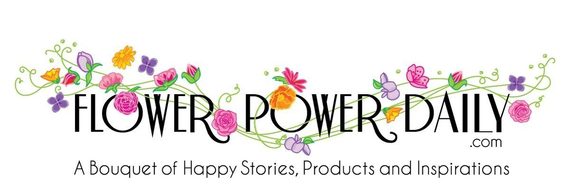How Florists Get Their Work into Design Showhouses
By Jill Brooke
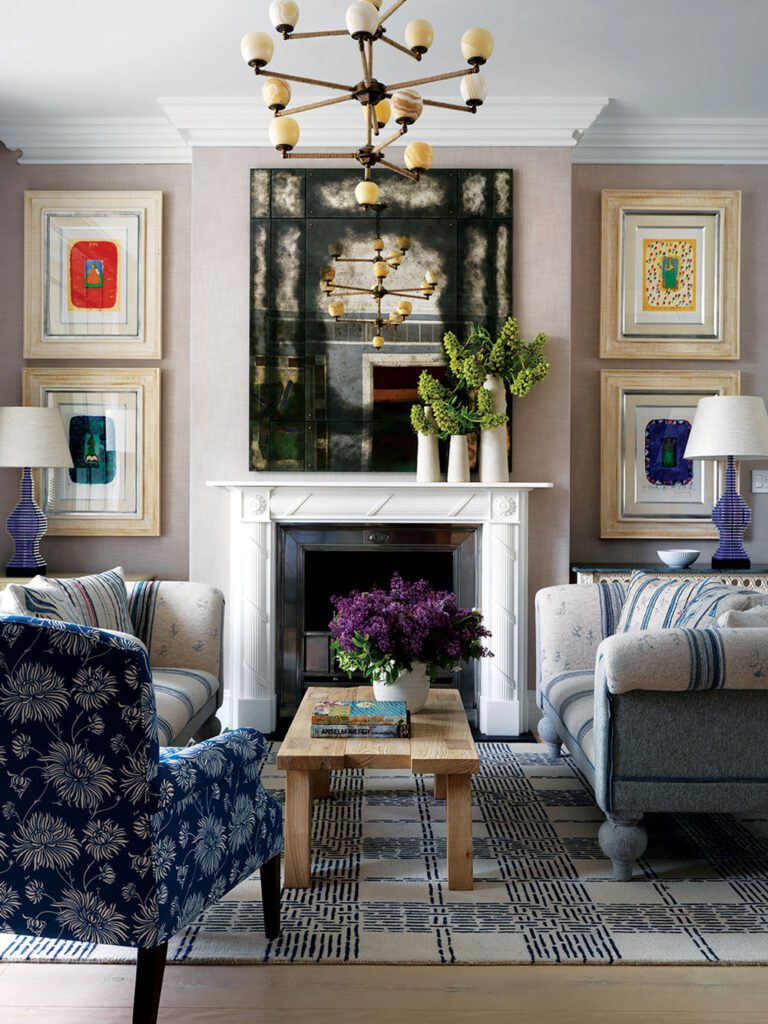
Although flowers enhance any room with pizzazz and personality, that is not the focus for Steven Mandel.
Like a Dumbledore-like wizard from Harry Potter movies, Mandel is busy fielding calls and conjuring possibilities for award-winning decorators across the country who want to be part of the many show houses he organizes each year.
Mandel not only finds and negotiates the real estate for these big-ticket events but the sponsors too.
As the CEO of Hudson One, his company which also oversees the production of Galerie and aspire design and home magazines, he is presently finalizing details for a big Hamptons, New York show house starting August 7 to September 6.
Created by style setter and Galerie magazine founder Lisa Fayne Cohen, the Galerie House of Art + Design show house is being renovated by Michael Derrig – who counts chef Ina Garten as a client – and features decorators such as Richard Mishaan, Sara Story, Elizabeth Gill and design chair Nicole Fuller.
Will flowers be showcased in the many rooms of the 12,500 space in Sag Harbor?
“Of course,” says Mandel. “But the decorators normally choose the florist to accent their designer rooms.” In rarer cases, sponsors also recommend florists as well.
Showhouses are a big business these days as well as a marketing opportunity for decorators, artists as well as florists. It is not uncommon for over 10,000 people to walk through the houses to marvel and take notes on the fabulously decorated spaces.
Typically, the public buys tickets – which benefits a worthy charity – and gets to see the work of promising and famous designers from the region. Devoted fans of designer show houses plan in advance since many are sold-out because of their popularity.
The financial arrangements are a bit trickier.
“Rarely will a florist get paid unless they have a relationship with the interior decorator who pays them,” says Mandel. “Florists should think of it as a great marketing opportunity.”
But how do florists then get more bang and enduring impact from this marketing investment?
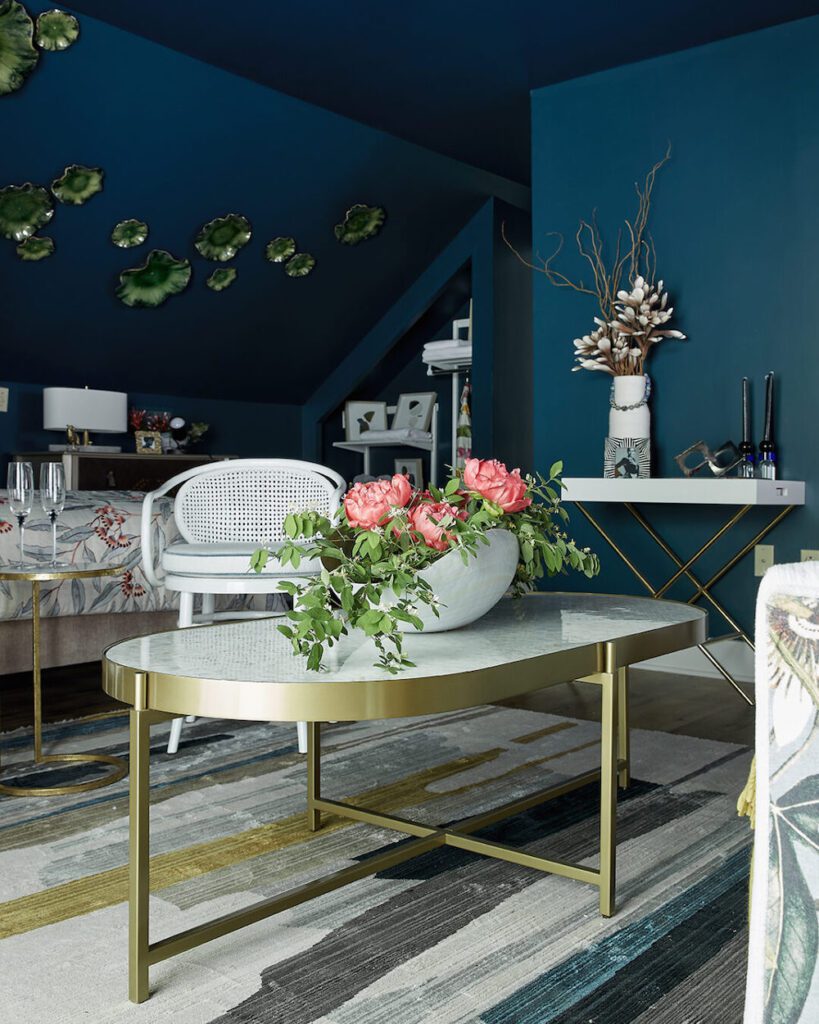
Here are some ideas.
Mandel suggests that florists learn the name of show house organizers in their region. Call them up and offer to create flowers for one of the luncheons for all the decorators prior to the big event.
“These events always have a luncheon for all the sponsors and decorators who are involved with the project,” he adds. “This becomes an opportunity because you have their undivided attention to see a florist’s work.”
Nazir Handal, Director of Special Events & Corporate Partnerships for the Kips Bay Boys & Girls Club; Kips Bay Decorator Show House New York, Palm Beach and Dallas (which opens Friday, September 24, 2021) says ‘offering the organizers a discounted rate for services to build this relationship is a great start.”
“The organizers handle vendors not only for the show house’s opening events, but also are asked for recommendations for corporate events throughout the run of the show house, so are in need of florists to tap for all of those events,” he adds.
Nor is this the time to skimp at all. Often the florist is given the color scheme and then can interpret the theme with their own personal flair. After all, where else will you have the eyeballs of so many famous decorators in a local florist’s region. Also try to negotiate so that the florist’s card can be somewhere on the table.
Another idea that Mandel suggests is offering to do a bathroom at one of the many show houses. Though the designers prefer to call it a powder room.
Yes, sometimes florists actually volunteer to do the whole entire room.
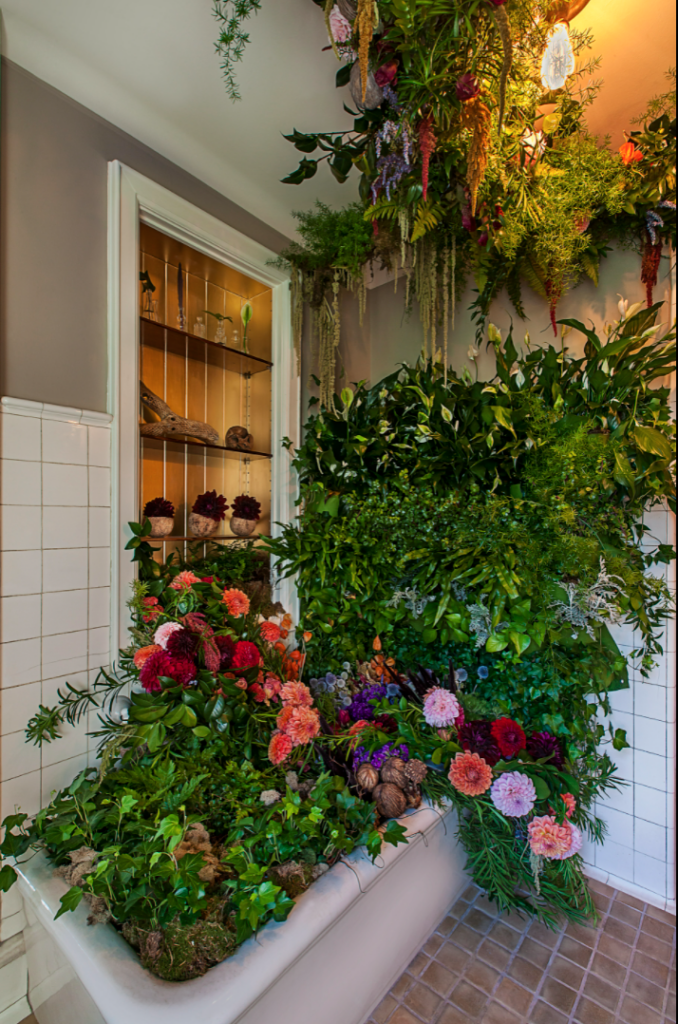
Over in Michigan earlier last year, the indefatigable Liana Dabir was the chair of the Junior League of Detroit’s Designers’ Show House. (JLD). She helped transform the historic Bingley Fales Mansion into a show house.
For the Designer’s luncheon, Fauno Florals sponsored the florals for the gathering and then, as Dabir noted, “several designers hired him to provide flowers for their design spaces as well.”
Claudette Wellons of LaShee Floral & Events submitted a proposal to do the first floor powder room completely.
“A powder room allows you to go as big as you need to go and be as creative as you need to be,” says Wellons. “The space is a perfect opportunity because it’s small and that means people will view the flowers.”
Also it is less structured so an artist can be more creative. One can fill the ceilings, sinks and bathtubs with impresario flourishes. Wellons used yellow lilies, yellow pincushions, roses, calla lilies and draping amaranthus.
For another room, florist Laurie Bolach of Olive’s Bloombox transformed a drab shower area into a cascading waterfall of flowers.
“With flowers trailing from the ceiling, climbing the walls, and filling the shower, it was an immersive experience to walk through,” adds Dabir.
Dabir also shared another tip to get into these events. Florists who offer to freshen up the flowers during the show score points. Often the decorators leave once the party is over.
Another imperative is to disregard normal conventions of scale. Both designers and florists want their flowers to pop. So while being respectful of the designer’s color scheme, use a small table to stretch the floral possibilities for more impact.
Florals by Marjeth Cummings created a floral arrangement for Everick Brown at the Kaleidoscope Project’s show house in West Stockbridge, Massachusetts, organized by Amy Lynn of Life Designs Group.
Marjeth used a tall cylinder vase with simple meadow-like flowers for a lovely effect that matched Brown’s choice of wallpaper.
For many rooms, the scale of flowers on a dining room table is often massive. We’ve seen designers cluster many arrangements on one single table. Especially when not setting the table.
In some rooms, a bedside table can have a soaring tall arrangement in front of a mirror that in real life wouldn’t work since mirrors are used for putting on make-up etc. But in a show house those rules don’t apply.
Experts say that the florist should not assume the interior designer is on the same page regarding scale. Discuss ideas and don’t leave anything to assumption. Especially when starting new relationships.
For many florists, these events are relationship builders. But it is a delicate balance. The most successful partnerships are authentic ones.
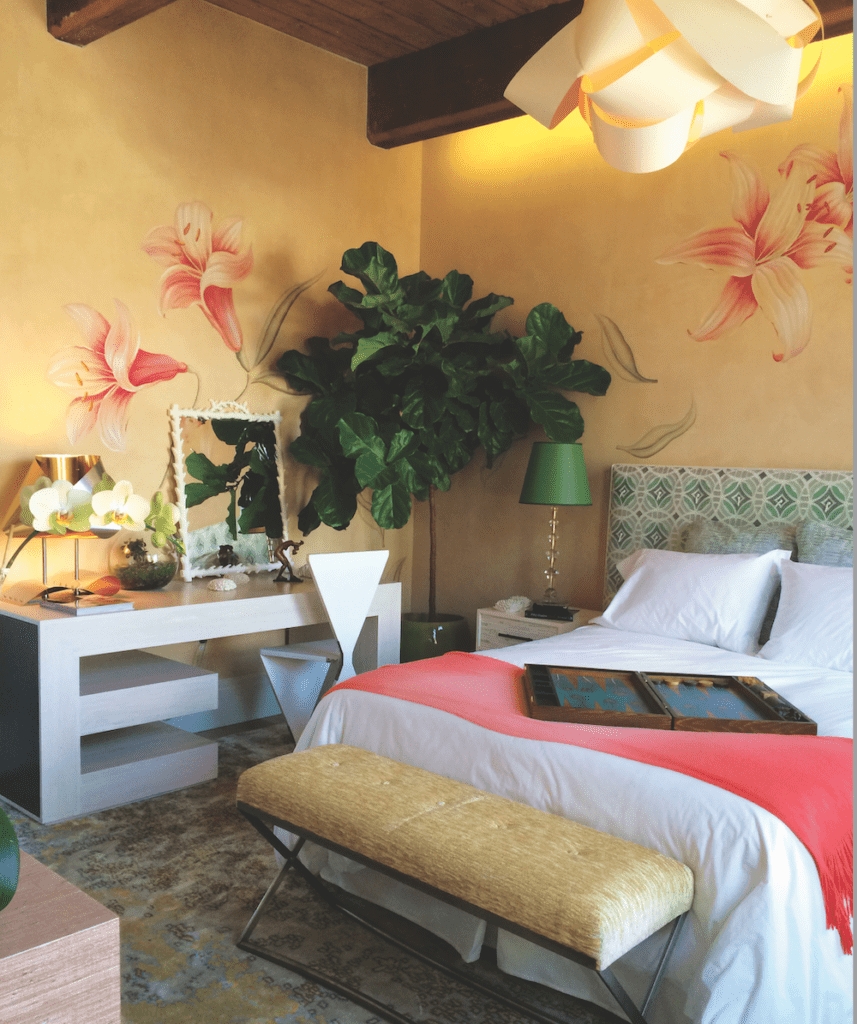
Campion Platt, an award-winning interior designer and architect, is very particular about the florists he uses. Platt has designed rooms for Kip’s Bay, Holiday Houses, Esquire 360 as well as Palm Beach Showhouse.
“For me it is essential to find someone with a similar aesthetic,” he says. “I like more restraint and more architectural and sculptural designs. I don’t like a massive bouquet.”
For a recent Holiday House event, Platt used Dutch Petals Florist to enhance the gorgeous custom floral wallpaper by De Gournay.
One would be surprised how rarely a florist looks at the actual designer’s repertoire before reaching out. Platt says that florists looking to get their name in a magazine should focus instead of the “harmony between floral and interior design.”
For example, while Platt likes a more restrained look, Kit Kemp, Co-founder and Creative Director of Firmdale Hotels and Kit Kemp Design Studio, is known for her love of colorful florals and craft decor.
Her go-to florist is Lewis Miller of Flower Flash fame who is literally on speed dial for the many events her work is coveted.
“When I first started out decades ago, I saw his work and hired him,” she recalls. The longevity of the relationship is also because he knows “exactly the tone and colors I want and more importantly I can trust it will be done beautifully.”
Miller, who has also a superstar now, says building loyalty and speaking the same design aesthetic is essential for great collaborations. Especially since busy people want to speak in code and know the job will be done.
Miller, who also is the resident florist for Kemp’s Whitby Hotel and Crosby Street Hotel, says the relationship has been “a joy” and continues to blossom with more projects. His advice, like Platt’s, is for others to find decorators whose work would complement a florist’s design aesthetic.
“It becomes more than a business relationship. It becomes a friendship after so many years,” he says. A collaboration that benefits all parties.
This article also appeared in Florists Review Magazine
